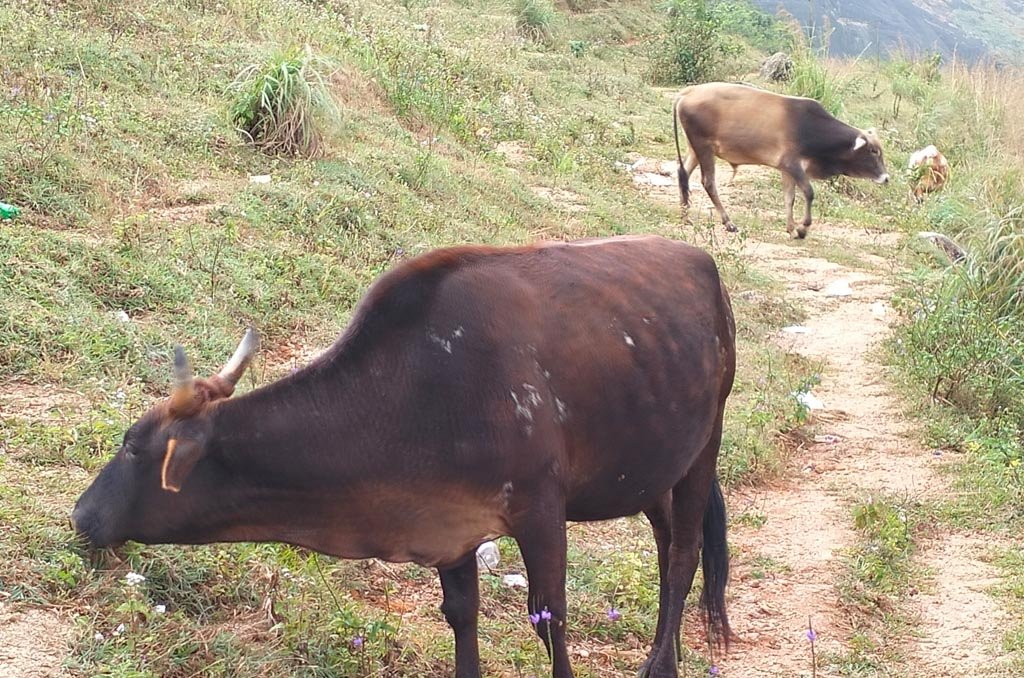In India, a diploma in dairy technology or dairy science is designed to provide students with knowledge and skills related to dairy farming, milk production, processing, and dairy product management. These programs are typically offered by various agricultural universities, polytechnic institutes, and vocational training centers. Here are some key aspects of pursuing a dairy diploma in India:
1. Course Structure and Duration
- Duration: Usually 2-3 years, depending on the institution.
- Curriculum: Courses typically cover dairy chemistry, microbiology, dairy engineering, animal husbandry, milk production, dairy processing, quality control, and marketing of dairy products.
2. Eligibility Criteria
- Educational Qualification: Generally, students who have completed their 10th or 12th grade (depending on the institution’s specific requirements) are eligible to apply.
- Age Limit: Some institutions may have an age limit, typically between 16 and 25 years.
3. Top Institutes Offering Dairy Diplomas
- National Dairy Research Institute (NDRI), Karnal: Offers a diploma in dairy technology.
- Tamil Nadu Veterinary and Animal Sciences University (TANUVAS): Provides various diploma programs related to dairy science.
- Guru Angad Dev Veterinary and Animal Sciences University (GADVASU): Offers diploma courses in dairy technology and other related fields.
- State Agricultural Universities: Various state agricultural universities offer diploma courses in dairy technology.
4. Career Prospects
- Job Roles: Graduates can work as dairy farm managers, quality control officers, dairy technologists, production supervisors, and marketing executives in the dairy industry.
- Employment Areas: Dairy processing plants, dairy farms, cooperatives, dairy product manufacturing companies, and government dairy departments.
5. Further Education and Specialization
- After completing a diploma, students can pursue further education, such as a bachelor’s degree in dairy technology or dairy science, to enhance their knowledge and job prospects.
6. Admission Process
- Entrance Exam: Some institutions may conduct entrance exams for admission, while others may admit students based on merit in the qualifying examination.
- Application Process: Typically involves filling out an application form, submitting required documents, and sometimes an interview or counseling session.
7. Key Skills Developed
- Practical skills in dairy farming and milk processing
- Knowledge of quality control and dairy product management
- Technical expertise in dairy machinery and equipment
- Understanding of the dairy market and consumer behavior
Pursuing a diploma in dairy technology or dairy science in India provides a strong foundation for a career in the dairy industry, which is a significant sector in the country’s agricultural economy.



